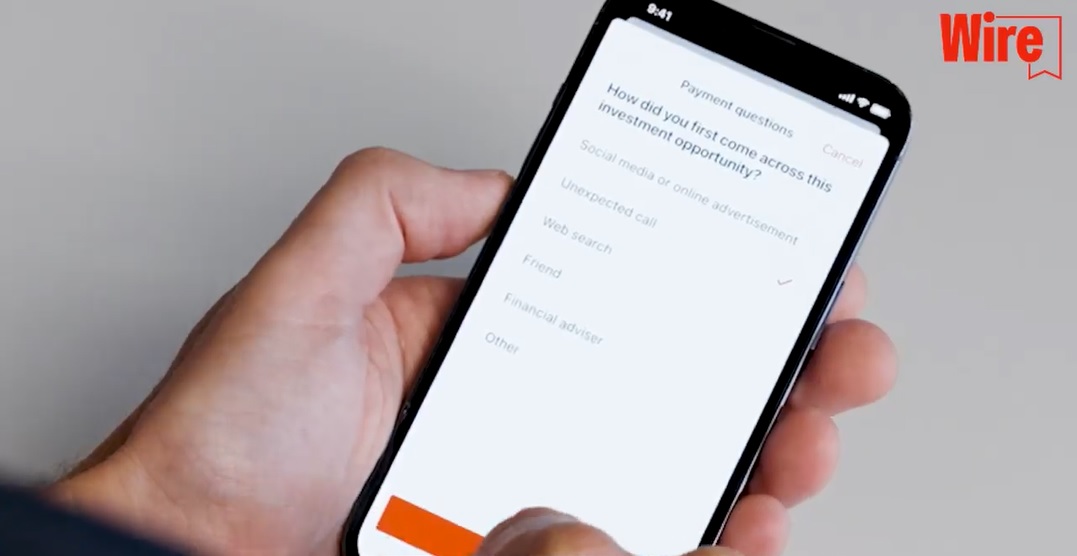
Westpac will prompt its payers to high-risk accounts with a series of dynamic questions to help prevent potential payments to scammers, the bank revealed as part of its newest scam prevention capability.
The promised anti-scam function, first announced last September, will be integrated into the bank’s mobile banking app, helping its account holders avoid potential payments to scammers. Westpac said the capability will then be extended to its online banking service “in coming months”.
Known as SaferPay, the service alerts customers to potential scams through a series of targeted questions, which will be presented to payers when initiating payments (after payment details are entered) from their Westpac accounts to a high scam risk account.
Using artificial intelligence (AI), Westpac said the new function promises to “identify red flags without disrupting genuine payments”, with the questions deployed only if the AI detects a potential scam payment.
“SaferPay [responses] are plugged into Westpact’s fraud detection system, which already makes use of all the transactional information that we’ve seen prior to this moment and then evaluates this transaction asking, ‘Could this potentially be a scam?’,” said Ben Young, Westpac’s head of fraud.
“It then will trigger an opening question to the customer to say, ‘Tell us a little a little bit more about why you’re making this payment?’, and then… synthesize the transactional information and the answers to come up with an answer about whether we think this might be a scam or not.”
According to Westpac chief executive Peter King, the presented questions will “vary for each customer, tailored based on the information the customer provides.”
Should the customer responses suggest the payment is highly likely to be a scam, Westpac said it will block the payment from being processed.
King added that this first-of-its-kind in Australia” innovation will “add important friction to [high-risk] payments”.
Westpac customer scam data has recorded a notable 32 per cent decline in scam losses in the year to February 2024 compared to the previous corresponding year.
In January this year, the bank also recorded its lowest month of scam losses since August 2021.
“We’ve already seen a fantastic reduction in scams this year due to previous initiatives around crypto payments,” Young said. “We’ve seen scam losses come down by around 43 per cent. But Australians are still losing millions of dollars on scams every year.”
“This new initiative will target scam types that we still see a lot of people falling for and losing lots of money: the investment scams, the remote access scams, the romance scams, and pinpointing all of those.”





